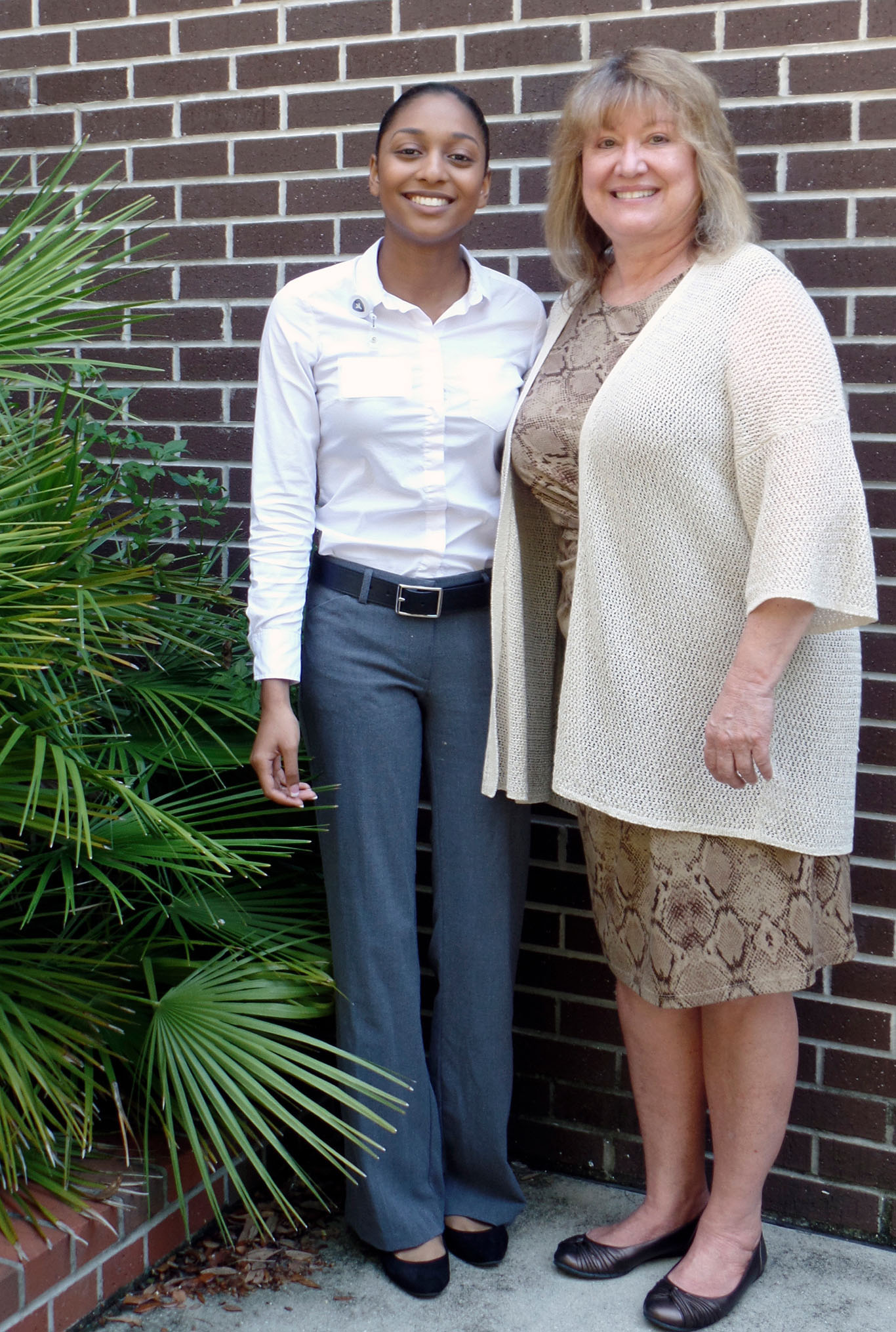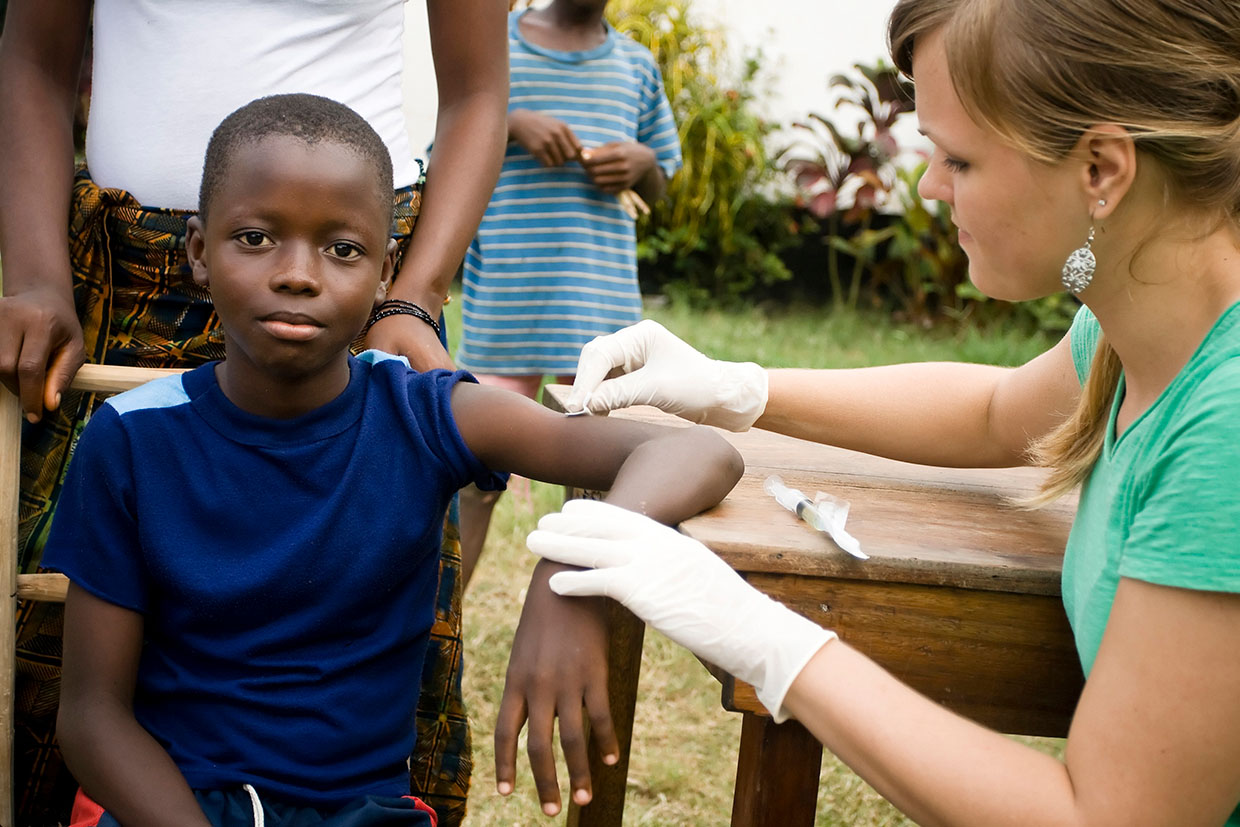Health disparities minor reaches out to underrepresented populations.
Cathaerina Appadoo ’17 wants a revolution in healthcare. One of many pre-med students in the Health Disparities in Society minor at UF, she’s training to be a leader in “culturally competent” healthcare that’s sensitive to the needs of minority patients. She’s witnessed health providers who are ill-equipped to treat patients of a different ethnic group, contributing to lower health and higher hospital readmission rates.
Students of any major with an interest in resolving public health issues or improving healthcare may benefit from a Health Disparities in Society minor. They register for 15 credits of an intriguing interdisciplinary array of courses that boost students’ awareness of vulnerable populations, explore social inequality and teach them “patient-centered” communication and research techniques.
Approved in 2012, Health Disparities in Society is housed in the Center for Gender, Sexualities, and Women’s Studies Research and is the only undergraduate academic program in health disparities nationwide. Professor Laura Guyer, who helped establish the minor and who teaches the two health disparities courses, says that student interest started high and has continued to grow. Health Disparities is one of the top two growing minors at UF.
 The Health Disparities in Society minor appeals to students such as Cathaerina Appadoo ’17 (left) who want to become healthcare providers. Professor Laura Guyer (right) was instrumental in creating the minor. Rachel Wayne
The Health Disparities in Society minor appeals to students such as Cathaerina Appadoo ’17 (left) who want to become healthcare providers. Professor Laura Guyer (right) was instrumental in creating the minor. Rachel Wayne“I know that the [Health Disparities] minor has definitely changed me for the better. I think that it would do the same with others.” – Cathaerina Appadoo
Guyer says the program appeals to pre-medical, health, and public health majors, especially those from underprivileged or stigmatized populations. Students and the community benefit from the grounded, socially conscious approach of the program. To fulfill the minor’s requirements, students complete a practicum with one of 25 community agencies in Guyer’s network.
As a woman of Haitian descent, Appadoo was motivated to address disparity in care for HIV-vulnerable people of color. She completed her practicum at the District 3/13 Minority AIDS Program at the Alachua County Health Department and intends to focus on HIV treatment in her career.
Guyer is proud of her graduates, who she says are successfully matriculating to professional and graduate schools. Says Appadoo, “I know that the minor has definitely changed me for the better. I think that it would do the same with others.”
To support the people, program, or research featured in this story, please visit
Center For Gender, Sexualities, and Women’s Studies Research Fund
